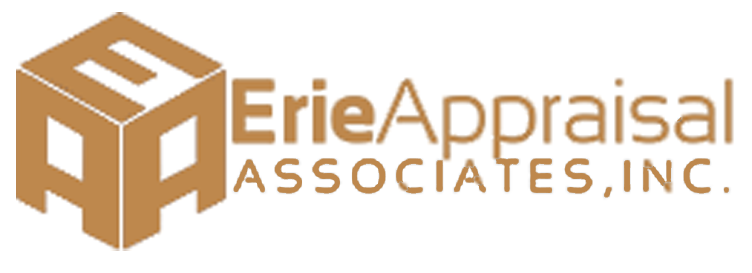Personal Bankruptcy
If you need to consult with an attorney or would like more information on personal bankruptcy, please contact the Erie County Bar Association's Lawyer Referral & Information Service.
Bankruptcy is a legal procedure that assists financially troubled individuals in obtaining a fresh start. There are four types of personal bankruptcies. They are Chapter 7 liquidation; Chapter 13 repayment over time either in whole or in part; Chapter 11 for individuals, and Chapter 12 family farmer. Under all four types, you must disclose all of your assets, debts, income, expenses and other financial information. The filing of each type of bankruptcy automatically stops your creditors from taking any action against you outside the Bankruptcy Court.
In Chapter 7 liquidating proceeding, a Trustee is appointed by the Court to oversee the sale of assets and the distribution of proceeds to creditors. Generally speaking, you may not qualify for a Chapter 7 unless your income is below the Pennsylvania median income for your household size. You may be entitled to keep many of your assets despite the existence of the bankruptcy. You can keep all of the assets covered by exemptions; exemptions include certain amounts for a house, vehicle, jewelry, personal property and certain income benefits. These exemptions can be substantial. At the conclusion of the bankruptcy proceeding, you are discharged from most debts. This means that you no longer legally owe these debts. Certain debts may be excepted from discharge, for example, some taxes, debt incurred through fraud, domestic support obligations, and student loan debt. Secured debts, such as a mortgage on your house or a lien on your vehicle, may receive different treatment depending on your circumstances.
In a Chapter 13 repayment proceeding, you propose a plan that provides for the whole or partial repayment of your debts over time, usually three to five years. The Chapter 13 process generally works best for those who receive wages or other regular income. The Court will review the plan to be sure that it is fair and legal. The Court will also review your income and expenses to see if you can reasonably expect to complete the plan. A Trustee is appointed to collect and distribute your payments and, if applicable, will attach a portion of your wages to ensure completion of your plan. While you fulfill the provisions of the Court-approved plan, your creditors cannot harass you or pursue other legal action against you, or in some cases, other parties who may have co-signed for you. Upon successful completion of the plan you will receive a discharge and, unlike in a liquidation proceeding where you are limited to exemptions, you may keep all your assets. Certain secured debts and taxes may receive different treatment, depending on your circumstances.
In an individual Chapter 11 proceeding, you propose a plan that provides for the whole or partial repayment of your debts over time, which may not necessarily be limited to three to five years. The Chapter 11 process generally is only necessary for individuals with significantly high income and debts. Any proposed plan must be approved by the vote of your creditors, and proposed plan payments may be based upon your projected disposable income over the life of the plan. Similar to Chapter 13, creditors cannot harass you and you may keep all of your assets so long as you confirm a plan.
Chapter 12 is a specialized type of bankruptcy available only to debtors that qualify as a family farmer or family fisherman. A Chapter 12 proceeding requires the approval by the Court of a plan that provides for the full or partial repayment of debts. The rights available to a family farmer are similar to but somewhat different than those available under a Chapter 13 personal repayment proceeding but provide many of the same protections as the personal repayment proceeding.
The above information provides only a very basic description of the different types of bankruptcy. Every circumstance is unique, and if you are concerned about financial difficulties and are considering bankruptcy, you should discuss your legal rights and responsibilities with an attorney.
Information is current as of 2/2018.




